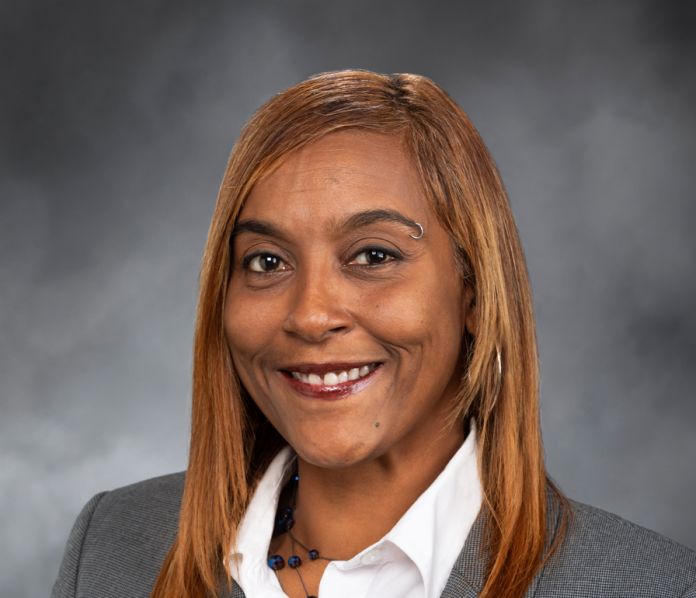The Urbanist Elections Committee invited candidates in the Seattle metropolitan region to fill out our questionnaire and participate in our endorsement process. We based our endorsement decisions on the responses and follow-up interviews.
Below is the response from Melanie Morgan, who is running for State House District 29, Position 1.
What lessons about government revenues and fiscal priorities from the wake of 2008 would you apply in responding to the Covid-19 crisis? (200 words or less)
Covid-19 has amplified the same problems for the same groups impacted by the 2008 crisis. People without access to healthcare, stable housing, and fair wage jobs have been harmed more than any other group, and the response to Covid-19 has to include supports for them.
Would you vote for a bill that ends the ban on rent control in Washington? No answer
Why or Why not? (50 words or less)
I would support a variety of options that would provide more affordable housing opportunities.
What role do you see the state playing in enacting land use reform, and what should that reform prioritize? (200 words or less)
Land use reform should require some land to be reserved for community organizations, rather than going to the highest bidder. Many organizations that provide substantial benefit to their communities cannot afford to pay exorbitant amounts for land and require support in order to continue their services.
What should be the major components of a climate package? (50 words or less)
Conservation of the natural environment is a priority for the 29th community. A climate package must include guidelines to make sure marginalized communities are not bearing the brunt of climate impacts and solutions.
What should be the top strategies for the state to fix the cycle of segregation, disinvestment, gentrification, and unaffordable housing in our cities? (200 words or less)
We need to stop engaging in redlining and inequitable and predatory banking practices. These practices disadvantage marginalized groups when buying a house or trying to start a business and prevent families from becoming established. Stopping redlining will reduce segregation, and fair banking practices will prevent Black families from being pushed out of their neighborhoods.
What’s your roadmap to fixing educational inequities in Washington state? How can Washington state comply with its constitutional duties regarding education? (200 words or less)
This past session, I cosponsored the bill, which establishes the State Office of Equity, the first of its kind in the nation. This office will task state agencies to review their policies to ensure equitable outcomes for marginalized populations as well as require accountability measures. During my time as a School Board Director for Franklin Pierce School District, I spearheaded the effort to create an Equity Director in order to address educational inequities and improve student outcomes.
Do you think Washington state should have an income tax? No answer
If yes, what is the legislative path? If not, would you pursue any tax reform? (100 words or less)
I would support a capital gains tax.
While California and Oregon have passed a clean fuels standard aiming to meet their climate goals, Washington did not, as the bill stalled out last session. Would you vote for it? If not, what is the route to meeting our climate goals? (150 words or less)
I would vote for a clean energy fuels standard legislation if it were to be reintroduced in a future session.
What percentage of the state’s transportation budget should be for alternatives to cars, such as transit, biking, and pedestrian infrastructure? (100 words)
Due to the economic impacts of I-976, I will continue to work with the transportation chair and my colleagues to find a solution to our transportation needs. In particular, my priority will be focused on the unincorporated areas of the 29th due to the lack of current transportation options.
What should be a higher priority: electrifying personal vehicles or reducing the number of trips made in personal vehicles? Explain how to achieve your priority. (50 words).
Reducing trips is a higher priority – a sudden shift to electric vehicles would result in a massive spike in emissions due to the production of vehicles for everyone. Additionally, improving transportation options in unincorporated areas would reduce personal vehicle use and make transportation more accessible to larger groups of people.
The Urbanist Elections Committee’s Take: No Endorsement
Read our full endorsement here

Owen Pickford
Owen is a solutions engineer for a software company. He has an amateur interest in urban policy, focusing on housing. His primary mode is a bicycle but isn't ashamed of riding down the hill and taking the bus back up. Feel free to tweet at him: @pickovven.

